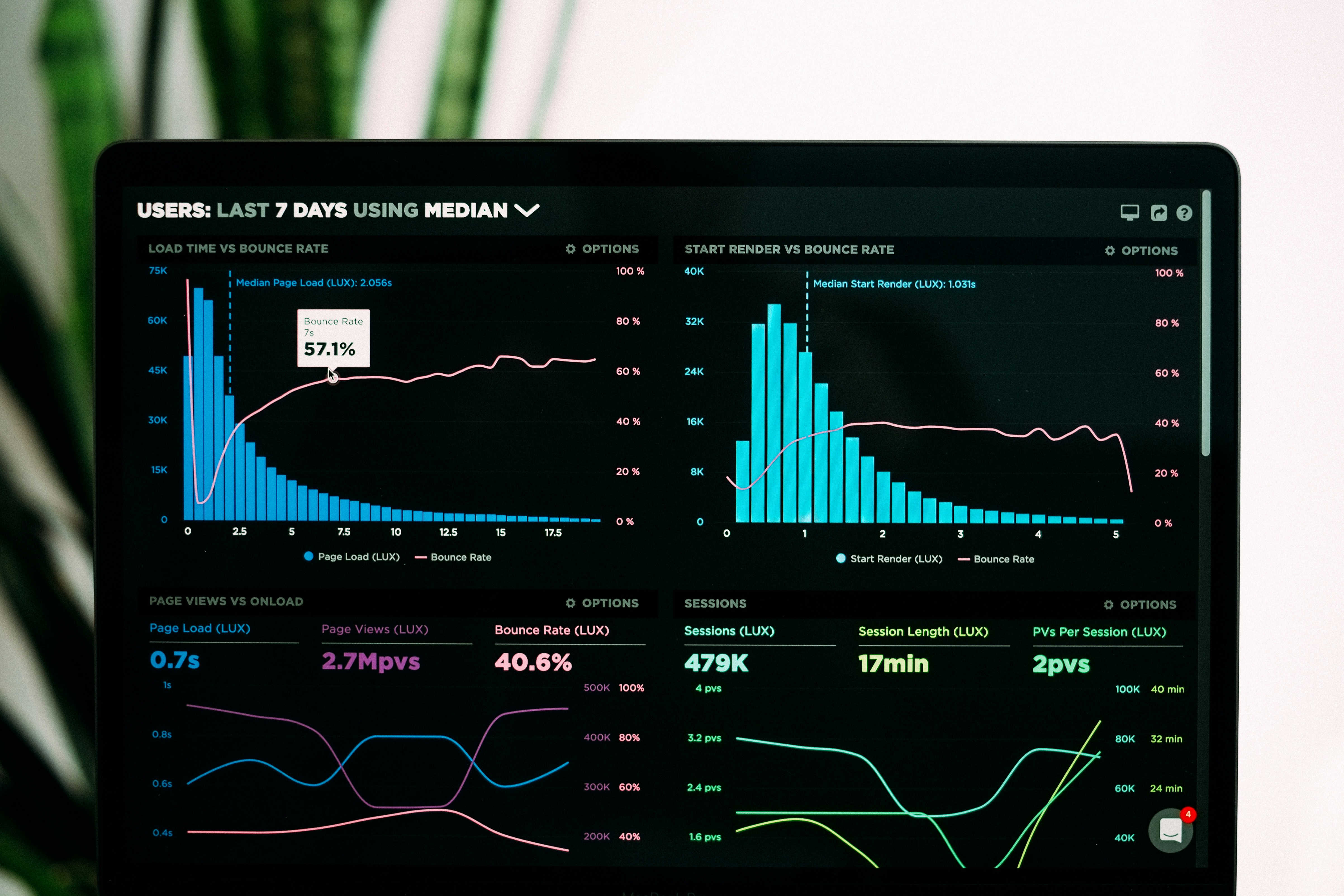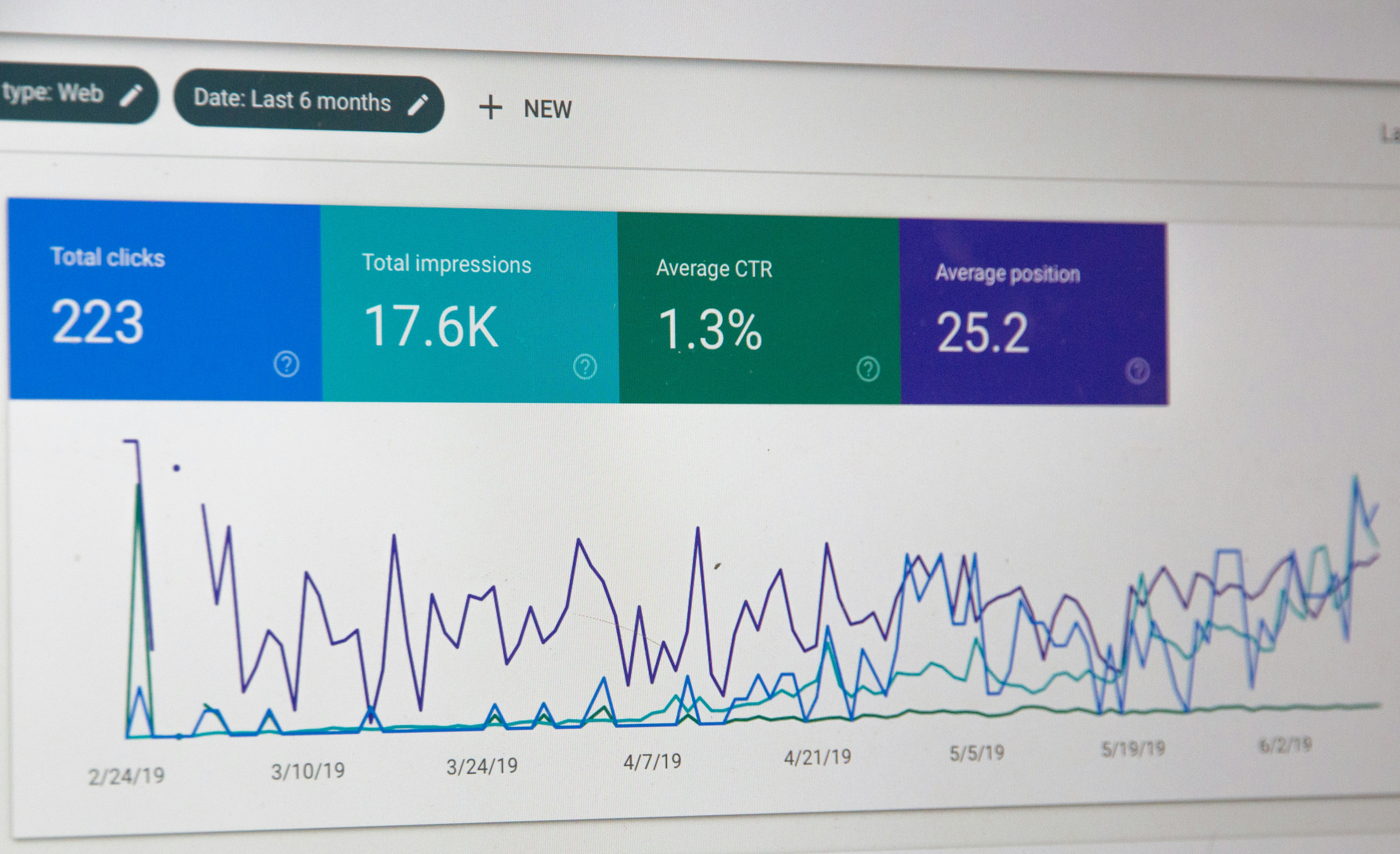Boost Your Real Estate Business with Local SEO: A Strategic Approach for Faster Rankings and Better Visibility
Table of Contents
In today's digital-first world, real estate professionals must ensure that their online presence stands out in a crowded market. To do this, Local SEO (Search Engine Optimization) is crucial, as it allows you to rank highly for location-specific searches, ensuring potential buyers and sellers in your target area can find your services. By leveraging powerful techniques like LSI (Latent Semantic Indexing) and focusing on high-intent keywords, you can see substantial improvements in your website's performance, visibility, and ultimately, lead generation.
This article explores the importance of Local SEO in real estate, how to integrate LSI and high-intent keywords into your strategy, and how you can use these techniques to gain a competitive edge. We'll also show how partnering with experts like Navodaya SEO can help elevate your SEO efforts.
What is Local SEO? Why Is It Important for Real Estate Businesses?

Local SEO is the process of optimizing your online presence so that your real estate business appears in search results when people search for terms like "homes for sale near me" or "best real estate agents in [city name]". By optimizing your website, Google My Business (GMB) profile, and other local assets, Local SEO increases your chances of showing up in Google's Local Pack, which is prominently displayed in local search results.
How Google Ranks Local Real Estate Listings
When it comes to ranking real estate websites, Google uses various factors to determine the position of a website in local searches. These factors include:
- Google My Business (GMB) Optimization: A complete, well-optimized Google My Business profile is one of the most important ranking factors. Your GMB profile should include your business name, address, phone number, website, and hours of operation.
- On-Page SEO: Use high-intent keywords that are specific to real estate, such as "buy homes in [city name]" and "real estate agents near me." Implementing LSI keywords like "property listings", "real estate market", and "homes for sale in [neighborhood name]" can further boost the context of your website content.
- Reviews: Positive customer reviews help build credibility, trust, and local ranking power. Encourage your satisfied clients to leave reviews on Google and other trusted platforms like Yelp and Facebook.
- Local Citations: Citations are mentions of your business name, address, and phone number (NAP) on external websites, such as online directories. Consistency is key for local SEO. Consider getting listed on reputable directories like Bing Places and Yellow Pages.
- Mobile Optimization: Since many local searches are conducted on mobile devices, a mobile-friendly website is essential for ranking well in local search results.
High-Intent Keywords and Their Importance in Real Estate SEO

High-intent keywords refer to search queries that show strong signs of a user's intent to make a decision, whether it's buying, renting, or selling real estate. These keywords typically have high commercial value and tend to convert better, meaning they attract users who are ready to take action.
Examples of High-Intent Keywords in Real Estate:
- buy homes in [city name]
- real estate agents near me
- property listings [city name]
- best real estate agents in [city name]
- homes for sale in [neighborhood name]
- sell my house fast in [city name]
By targeting these keywords, real estate businesses can ensure they reach customers who are further along in the buying or selling process. For more insights on keyword research, check out Moz's Keyword Research Guide.
What is Latent Semantic Indexing (LSI) and How Does It Impact Real Estate SEO?

Latent Semantic Indexing (LSI) is a technique used by search engines like Google to understand the relationships between words and phrases. It helps Google identify the meaning behind a set of keywords by analyzing related terms and context, rather than simply relying on exact matches.
Why LSI is Important for Real Estate Websites:
- Contextual Relevance: LSI keywords help search engines understand your content's context. For instance, if you are targeting "real estate agents", LSI terms like "property brokers", "realtor", and "buying a home" will add contextual relevance to your content and help you rank for a wider range of related search queries.
- Expanding Keyword Reach: LSI keywords allow you to target more varied search queries. For example, if your primary keyword is "homes for sale in [city name]", related terms like "affordable houses", "real estate investment in [city]", and "property market in [city name]" can help you rank for additional searches.
- Improved Search Ranking: Using LSI keywords in combination with your main target keyword can improve your rankings for semantically related search terms. This helps you rank for variations of your keyword that you might not have directly targeted, thereby increasing the overall visibility of your site.
For more information about LSI keywords and how to use them effectively, check out this comprehensive guide from Backlinko, a leading SEO resource website.
Best Practices for Implementing LSI and High-Intent Keywords in Your Real Estate Website

1. Conduct Thorough Keyword Research
Use tools like Google Keyword Planner, Ahrefs, or LSI Graph to identify high-intent and LSI keywords that are relevant to your business. For example, if you are targeting "buy homes in Miami," some related LSI terms might include "Miami property listings", "Miami real estate agents", and "houses for sale in Miami Beach."
2. Optimize Your Website's Content
Once you've identified your keywords, it's time to optimize your content:
- Title Tags and Meta Descriptions: Incorporate your high-intent keywords and related LSI terms in the title tags and meta descriptions of your pages.
- Headings (H1, H2, H3): Use headings to organize your content. Your H1 tag should include your primary keyword, while subsequent headers should include related LSI terms.
- Website Copy: When writing your content, naturally incorporate your high-intent and LSI keywords. Avoid keyword stuffing and focus on providing valuable, contextually relevant content to your visitors.
3. Optimize Your Google My Business Profile
Your Google My Business (GMB) listing is one of the most important assets for local SEO. Make sure your profile is completely filled out and optimized with high-intent keywords and LSI terms. For example, include terms like "best real estate agents in [city name]" in your business description.
4. Local Citations and Backlinks
Ensure your business is listed in local directories and real estate-specific platforms. Build high-quality backlinks from authoritative websites, such as local news outlets, real estate blogs, and other related domains. Consider using authoritative platforms like Zillow and Realtor.com to strengthen your SEO presence. Other high-authority sites for real estate backlinks include Homes.com and Trulia.
5. Mobile Optimization
As a significant portion of real estate searches is conducted on mobile devices, ensure that your website is mobile-friendly. Google prioritizes mobile-optimized websites for ranking, so making your site responsive will boost your chances of appearing in search results. You can test your website's mobile-friendliness using Google's Mobile-Friendly Test.
FAQs: Local SEO for Real Estate

Q1: How long does it take for Local SEO to show results?
A1: Local SEO can take anywhere from 3 to 6 months to show significant improvements in rankings and traffic. However, with consistent effort and optimization, you'll begin seeing progress much sooner. For more detailed timelines, see this Search Engine Journal article.
Q2: How can I improve my Google My Business listing?
A2: To improve your GMB listing, ensure your information is up-to-date, complete, and optimized with your high-intent and LSI keywords. Add photos, encourage customer reviews, and post updates regularly. Google's official GMB guide provides comprehensive information.
Q3: How important are reviews for Local SEO in real estate?
A3: Customer reviews are crucial for Local SEO as they contribute to your ranking in local searches. Positive reviews enhance your business's credibility, and Google uses reviews as a ranking signal. BrightLocal's research shows how reviews impact consumer behavior.
Q4: Should I target general or local keywords for my real estate business?
A4: For real estate businesses, local keywords are critical as they help you rank for location-specific searches, such as "homes for sale in [city]" or "real estate agents near me". WordStream's local SEO guide explains this in more detail.
Q5: How do I track my Local SEO performance?
A5: You can track your Local SEO performance using tools like Google Analytics, Google Search Console, and Moz Local. These tools help you monitor your rankings, traffic, and conversions. Google Analytics is particularly valuable for tracking website performance.
